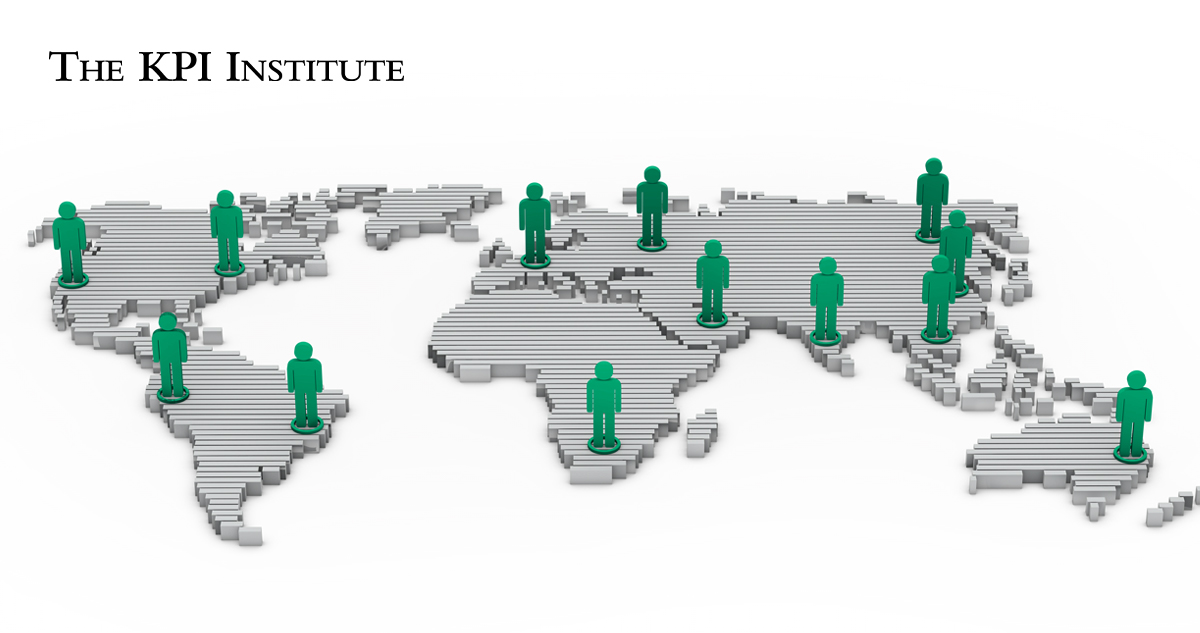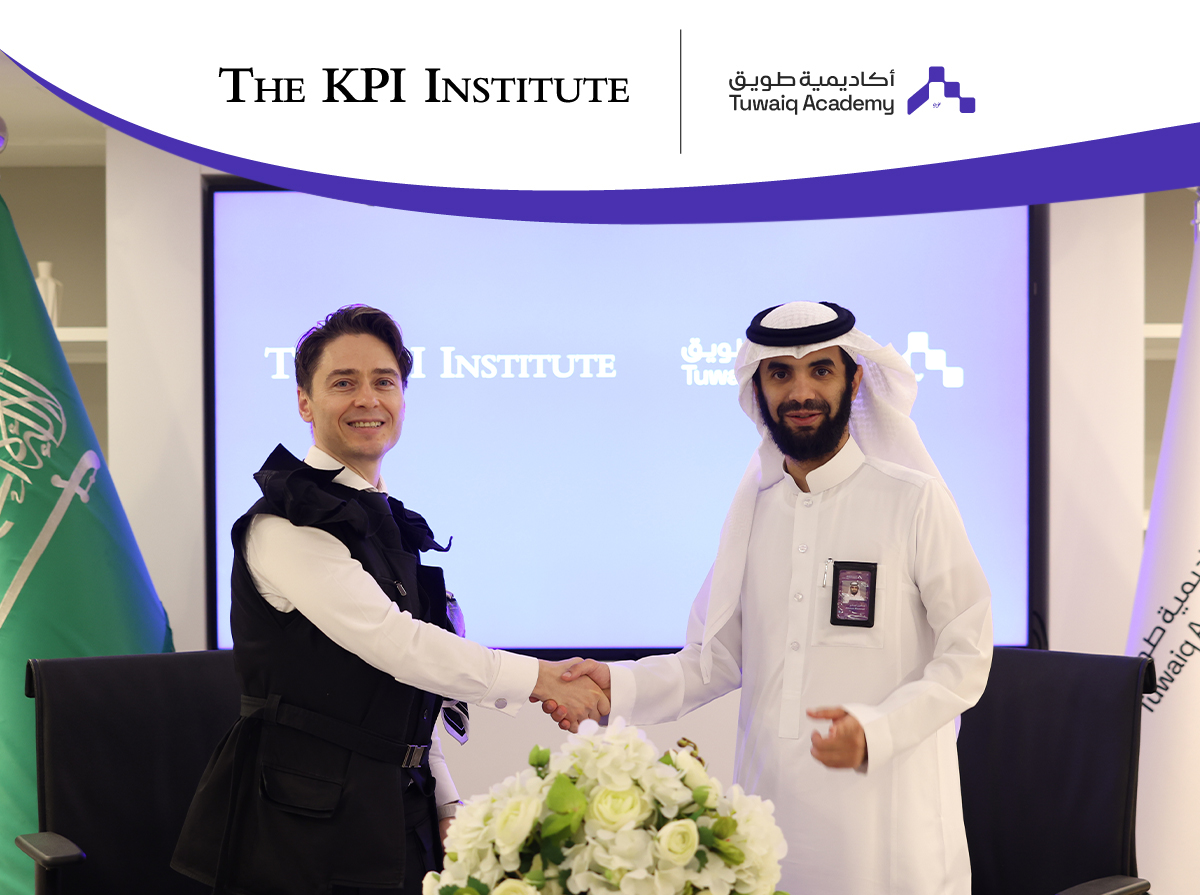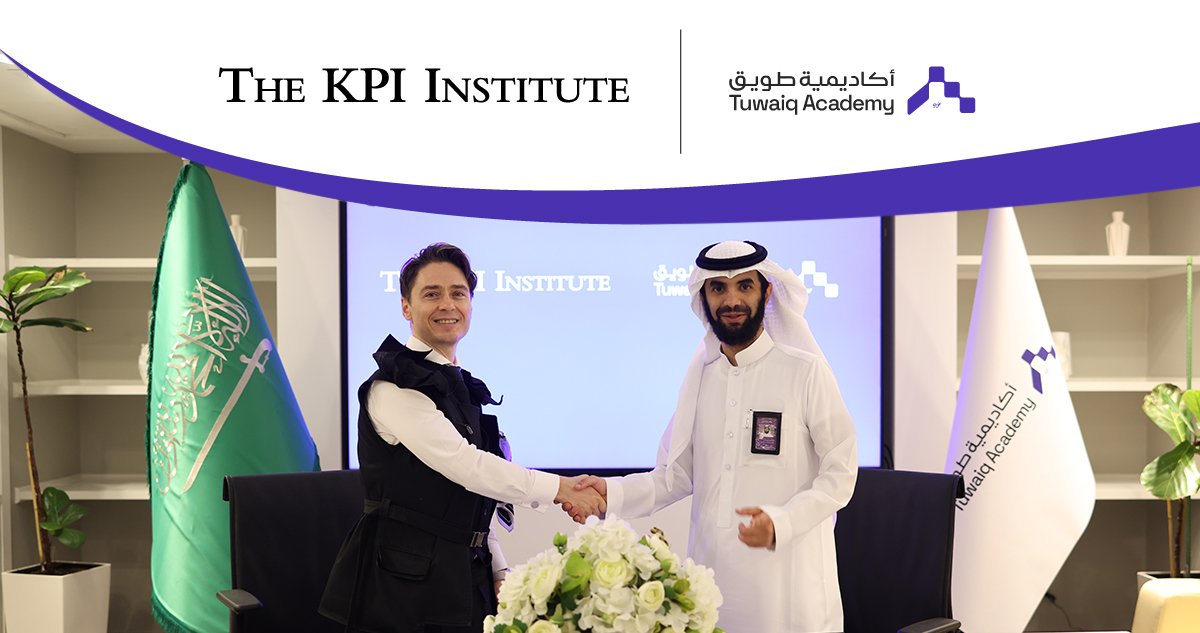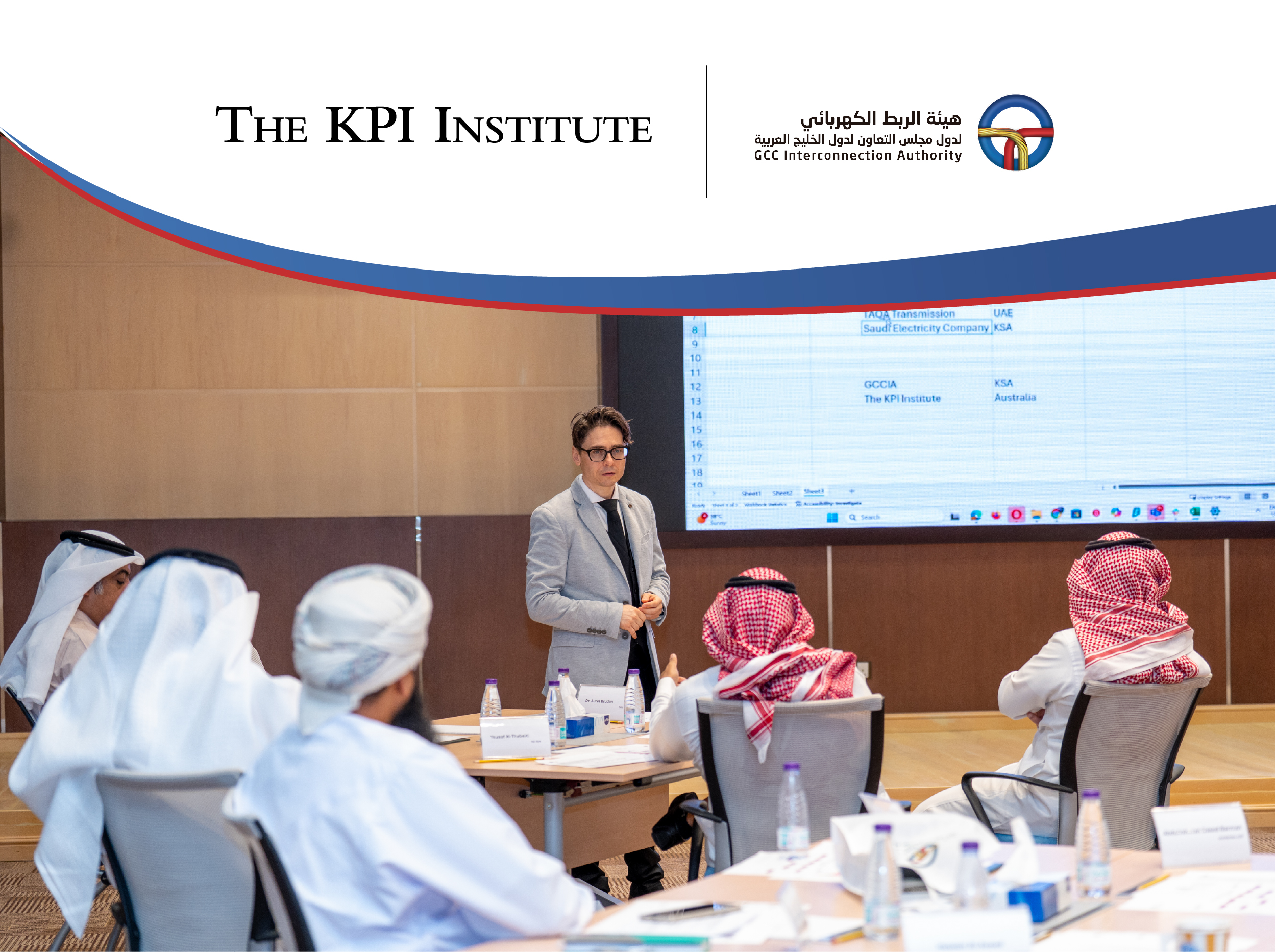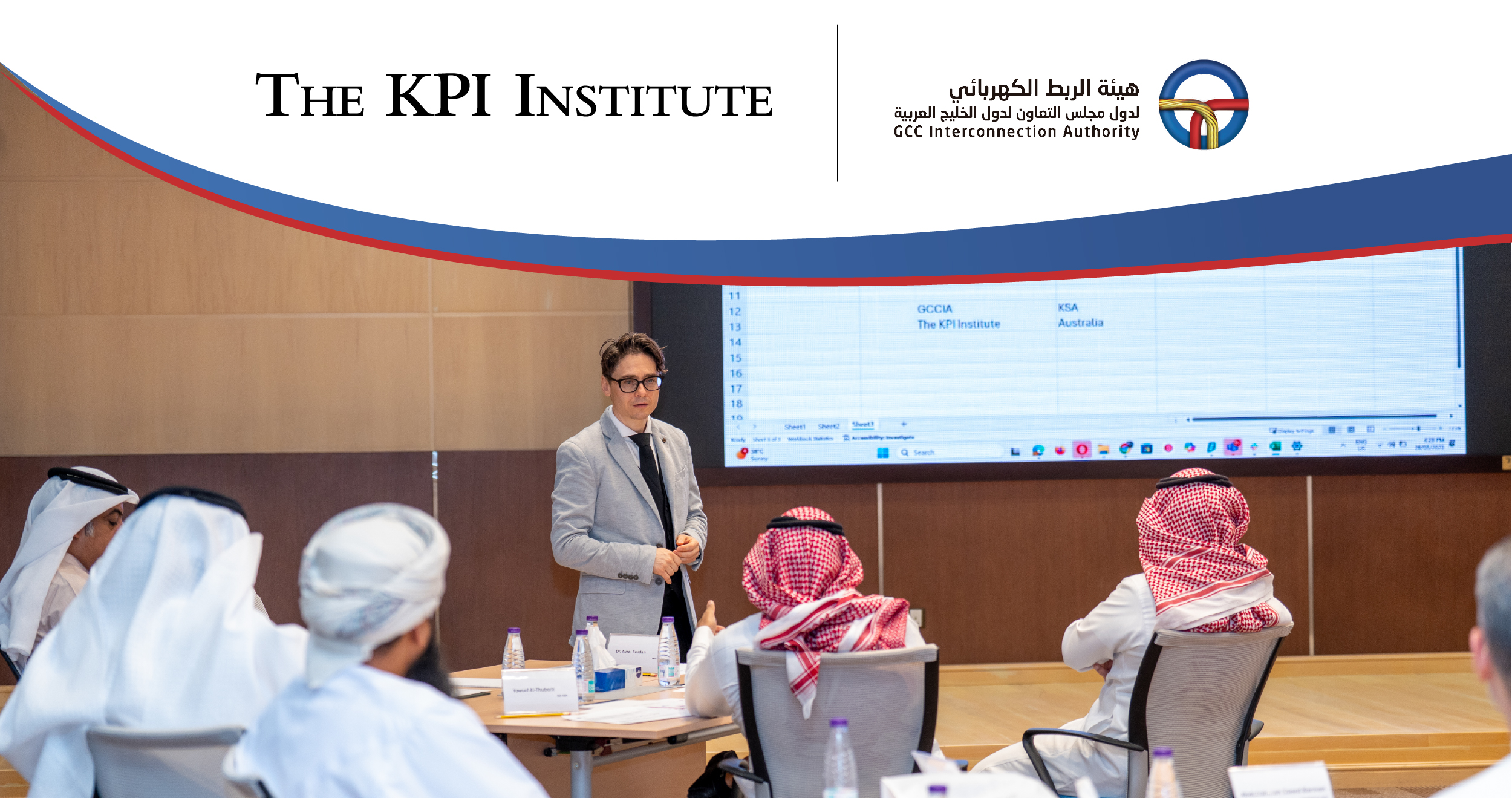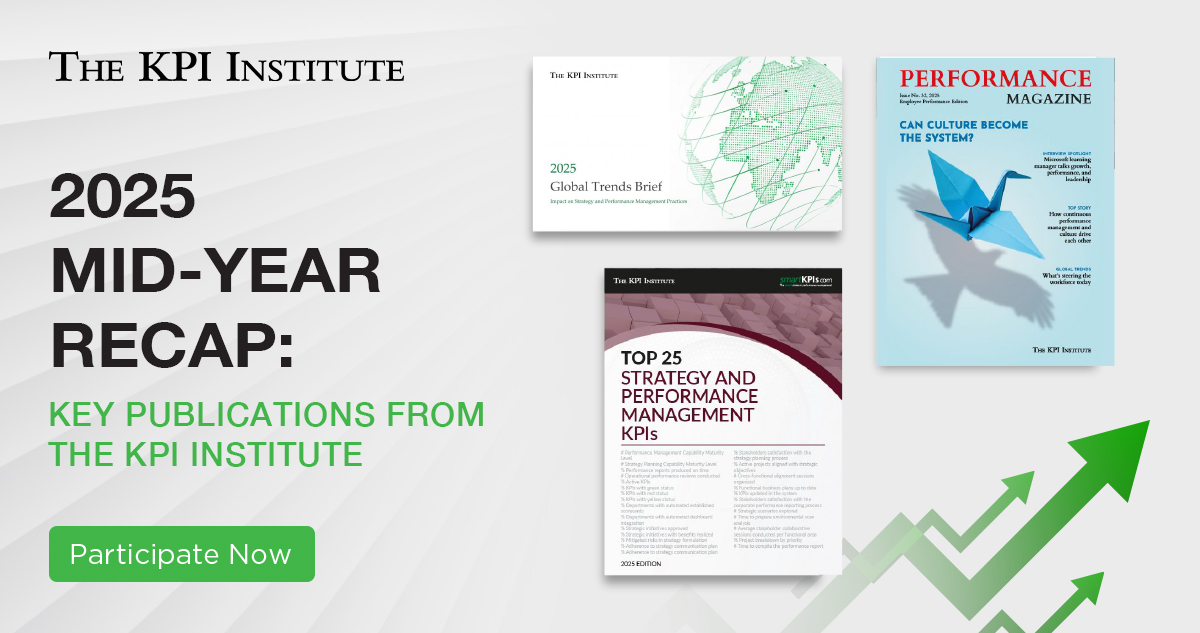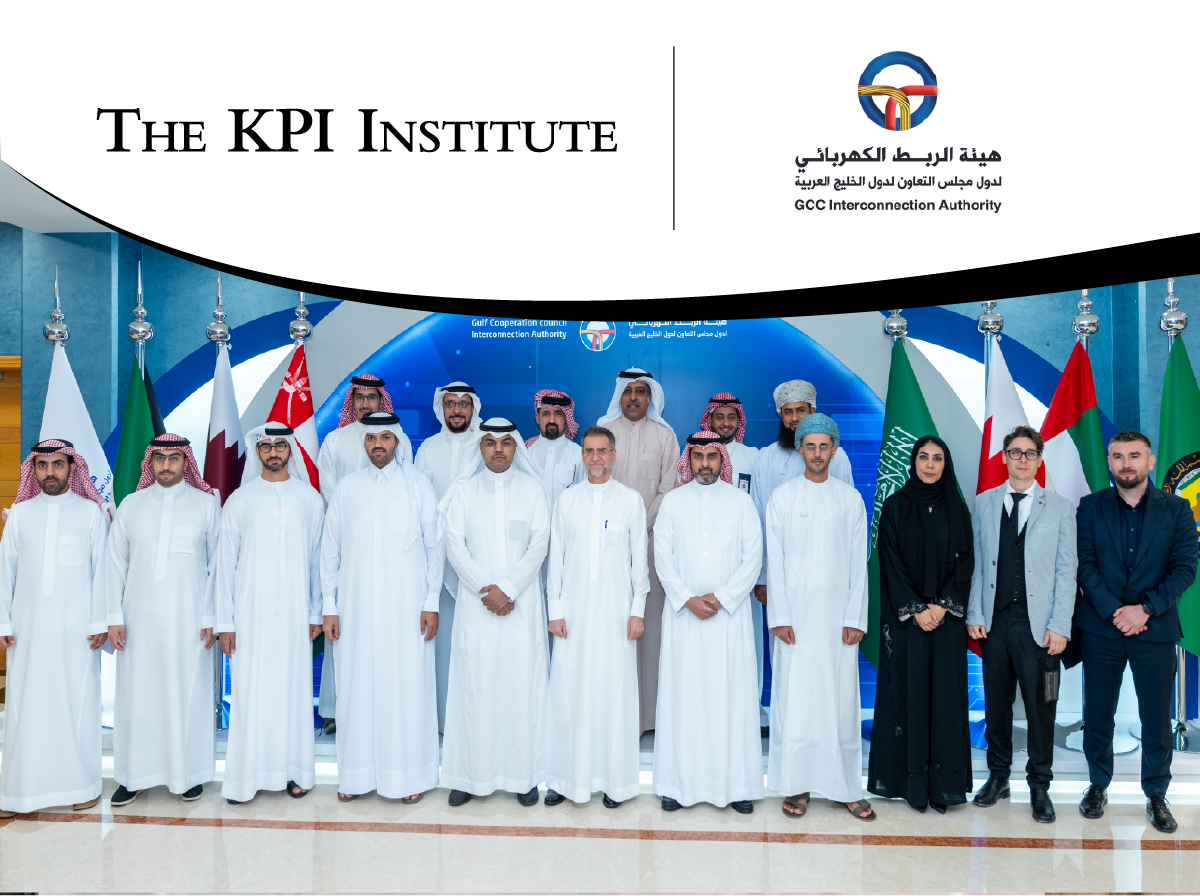
Ready to improve public service? Discover top local government KPIs for 2025, download the full report
June 25th, 2025 Posted by Kimberly Tilar KPIs 0 thoughts on “Ready to improve public service? Discover top local government KPIs for 2025, download the full report”
Local governments are responsible for shaping the quality of life in communities. Being the most immediate level of authority to citizens, local governments are responsible for providing basic services like public safety, sanitation, local infrastructure, education, and health. Their role covers governance, allocation of resources, and sensitivity to community needs.
To fulfill this role effectively, local governments must adopt robust performance management systems that enable them to monitor progress, assess impact, and ensure accountability in service delivery. At the center of these systems are key performance indicators (KPIs)—quantifiable metrics that translate strategic objectives into measurable outcomes. KPIs can help local authorities track the efficiency of services, identify performance gaps, and make timely, evidence-based decisions. By providing clear benchmarks and real-time insights, KPIs empower governments to remain agile in the face of evolving community needs and increasing operational complexity.
In line with the growing need for effective performance measurement, The KPI Institute’s Top 25 Local Government KPIs – 2025 Edition offers a valuable resource that can support local governments in strengthening their performance measurement practices. The report features a curated selection of the most relevant and widely used KPIs across local governance, based on comprehensive research and global benchmarking.
Covering core service areas such as budgeting, infrastructure, public safety, and citizen satisfaction, each KPI in the Top 25 Local Government KPIs – 2025 Edition is presented with a standardized definition, calculation formula, and practical application guidance. This edition serves as a helpful reference for municipalities seeking to enhance data-driven decision-making, improve service delivery, and align operational efforts with strategic goals. To provide a glimpse into the report, here are five of the top KPIs included in the 2025 edition:
- # Recruit to hire ratio for job placements – Measures the proportion of referred applicants who are successfully hired through employment programs facilitated by the local government.
- % Unemployment rate – Measures the percentage of the active labor force that is unemployed within the total active labor force.
- % Online public procurement – Measures the proportion of public procurement orders completed electronically by government entities, compared to the total number of procurement transactions during the reporting period.
- $ New school construction cost per square foot – Measures the average cost of school construction per square foot of developed area.
- $ Ratio of reinvestment into the community – Measures the proportion of a local government’s total revenue that is reinvested into community development and public services.
The Top 25 Local Government KPIs – 2025 Edition offers in-depth articles, where you can discover new thought leadership articles that dive into the performance measurement concept framework, prevalent KPI use challenges, and 10 pragmatic tactics for more effective KPI implementation. It also features improved documentation templates with revised forms that now highlight the most important information of every KPI, making them simpler to comprehend, communicate, and incorporate into performance systems. All KPIs have been extensively reviewed and updated to address the most recent business trends, so the report continues to be a current and useful resource.
To explore the full list of KPIs and understand how they can support your local government’s strategic and operational objectives, download the Top 25 Local Government KPIs – 2025 Edition from the TKI Marketplace. A printed edition is also available for purchase via Amazon. Get your copy today!




